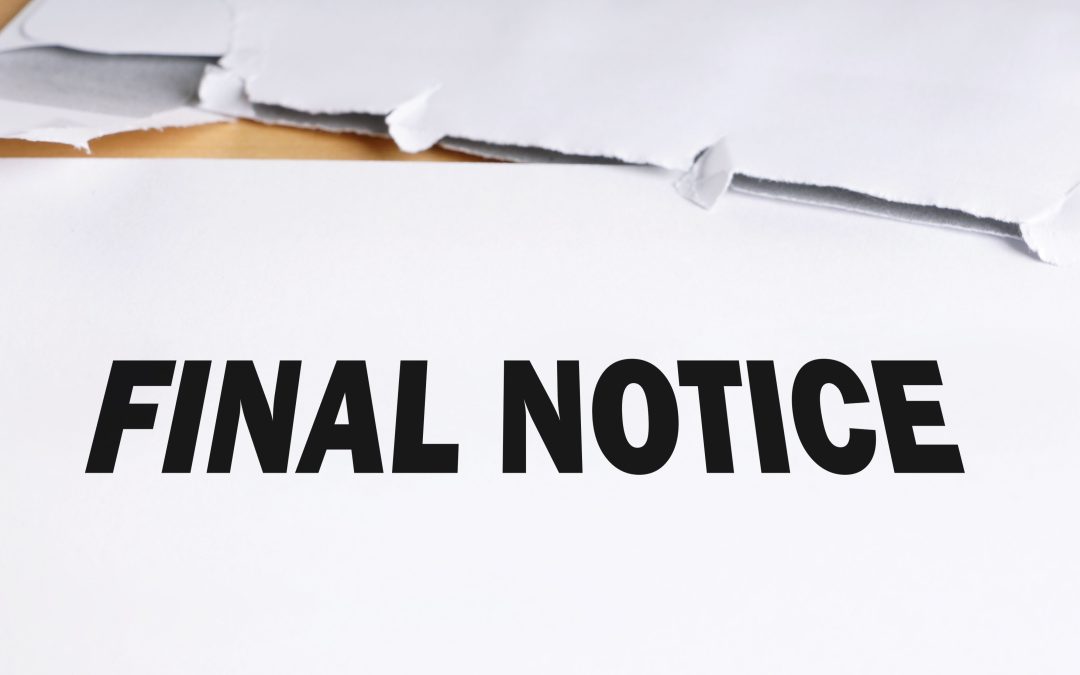
Can a Creditor Put a Lien On My Property?
There are certain steps a creditor must go through in order to obtain a lien on your homestead property. They must file a lawsuit. If the lawsuit goes unanswered then the creditor can obtain a default judgment. The creditor can secure a lien on your homestead property by recording a judgment in official records in the county where the property is located.
The judgment can cloud title to your property so when you go to sell it or refinance it you would be obligated to satisfy the lien at the closing.
Judgment also accrue daily interest much like a credit card or personal loan. So, if there is a lien for ten years without a payment, that amount can grow exponentially and even double or triple the amount of the original debt. When your file for bankruptcy the underlying debt will be discharged but it does not automatically extinguish the lien on the property. In order to remove the lien a motion to avoid judicial lien needs to be filed in the bankruptcy case. Once an order is obtained, you can record a certified copy and get the lien removed.
Clients are often surprised that creditors may put a lien on their homestead property, thinking because its homestead, it is protected against creditors. Similarly, many clients are also surprised that their homeowner’s association has the power to foreclose on their property, even if they are current on their mortgage and even if it’s for a few thousand dollars.
If you have questions on how to remove a lien on your property feel free to contact me for assistance.
Mailing Address: 8870 N. Himes Avenue #629, Tampa, FL 33614
Physical Address: 4124 W. Linebaugh Avenue, Tampa, FL 33624
Direct Line: (813) 463-8000
Fax: (855) 529-4462
E-mail: gina@lawgina.com








